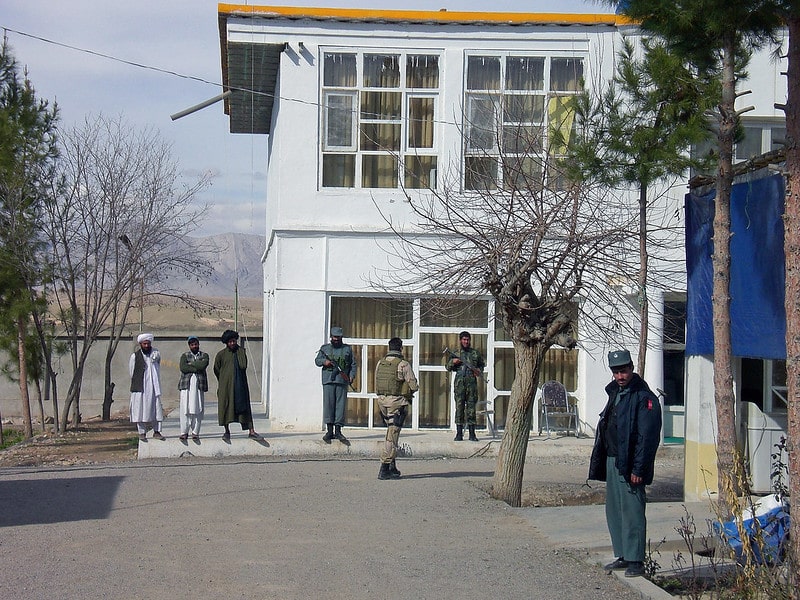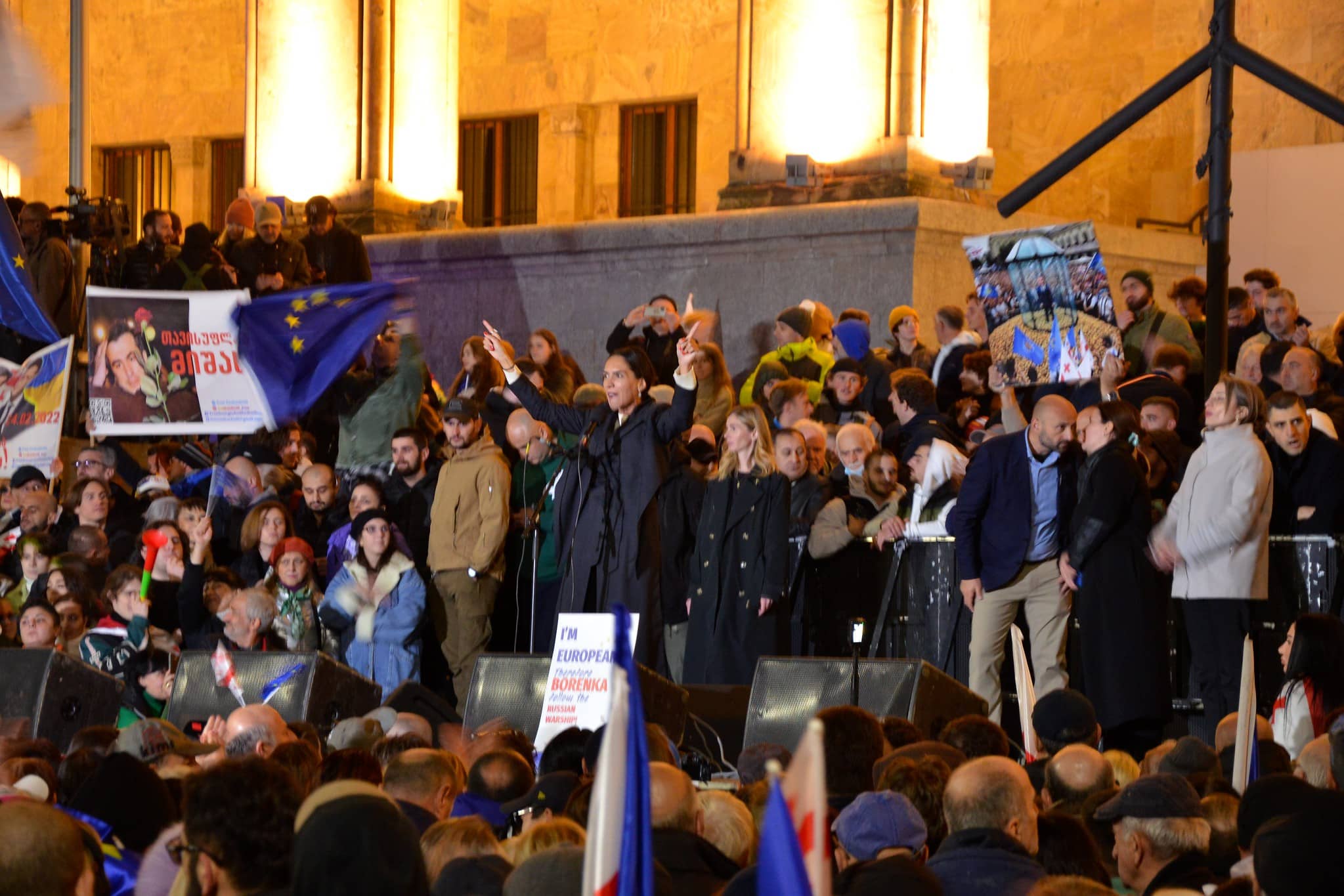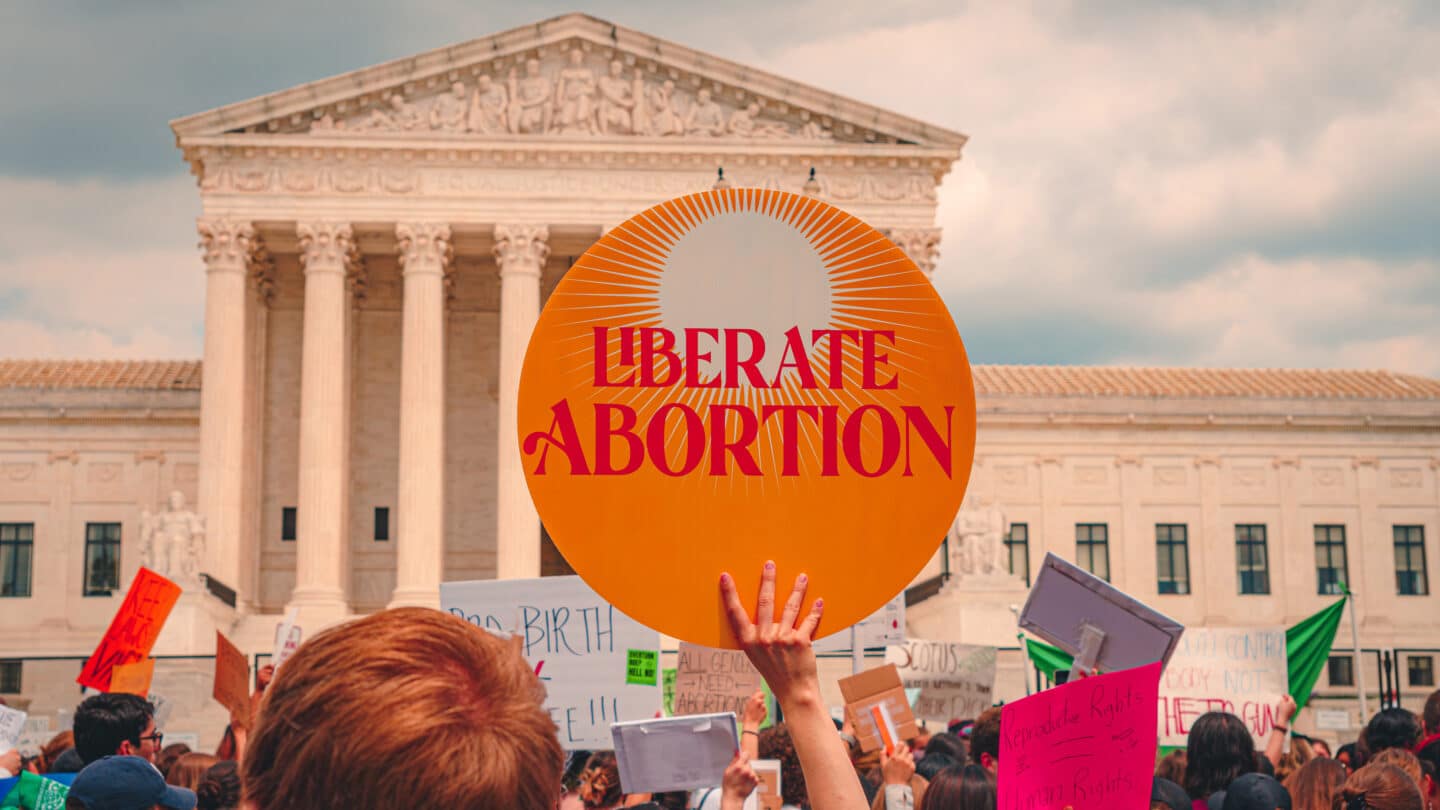Photo: Palestinian flags at the grave of Yasser Arafat, co-founder of Fatah - Flickr
On Tuesday 23 July, 14 Palestinian parties, including the rival factions Hamas and Fatah, signed an important declaration of 'national unity' in Beijing. This agreement, which was brokered by China, Calls for unity government which is to coordinate the post-war reconstruction of Gaza and prepare national elections. This is a crucial step as no Palestinian elections have been held since 2007. A key part of the agreement is the integration of Hamas into the Palestine Liberation Organisation (PLO), a coalition of Palestinian parties that negotiated the Oslo Accords with Israel in 1993. These accords were intended as the first step towards resolving the Israeli-Palestinian conflict, and led to the creation of the Palestinian Authority (PA) - the administration of the Palestinian territories.
Cooperation between these two rival parties could lead to a stronger and more united Palestinian front, which is essential for rebuilding Gaza and managing Palestinian territories. Previous agreements between Hamas and Fatah, such as those in Cairo in 2011 and Algiers in 2012, were never implemented. Will it be different this time?
Where does the rivalry between Hamas and Fatah come from?
Hamas, as an offshoot of the Egyptian Muslim Brotherhood, was founded in 1987 during the first uprising in the Palestinian territories against Israel's military occupation, or the First Intifada. The First Intifada ended in 1993 with the signing of the Oslo Accords. In doing so, Hamas positioned itself as a militant movement that was strongly opposed against the Oslo Accords, in which Fatah, led by Yasser Arafat, was one of the main negotiators. Fatah, as part of the PLO, recognised Israel and agreed to a two-state solution. Hamas warned that a two-state solution would violate the right of Palestinian refugees to return to land taken from them during the 1948 Nakba conflict.
Palestinian elections were held in 1996 in accordance with the provisions of the Oslo Accords. Hamas protested against the accords and peace talks with Israel and called for a boycott of the elections. However, Palestinian citizens supported the process and gave Arafat a landslide victory.
The rivalry worsened after Palestinian parliamentary elections in 2006, which Hamas narrowly won. After these elections, the relationship between Hamas and Fatah was marked by sporadic clashes. These clashes intensified as the two parties repeatedly failed to agree on the power-sharing of the government, after which Hamas with violence took power in Gaza in 2007. Since then, Hamas has ruled Gaza, while the Fatah-dominated PA governs the West Bank.
Netanyahu drives the two factions further apart
According to the New York Times and the Times of Israel, Prime Minister Benjamin Netanyahu has for years actively contributed to deepening divisions between Hamas and Fatah. Under his various governments, policies were pursued that increased power between Gaza and the West Bank drifted further apart. This was done by putting pressure on PA President Mahmoud Abbas, while at the same time taking steps that favoured Hamas. For instance, since 2018, Israel has allowed millions in cash to Hamas from Qatar through its border crossings, and Hamas was involved in talks on increasing the number of work permits Israel granted to Gazan workers, which also led to higher salaries. According to these media reports, the aim was to prevent Abbas, or any other PA leader in the West Bank, from making progress towards the creation of a Palestinian state.
Khaled Elgindy, educator at Georgetown University and a specialist in Palestinian politics, Said to Trouw about this: "It is a classic case of divide and rule. From the beginning, Israel was in favour of the creation of Hamas as a counterweight to the secular nationalists of the PLO, who saw Israel as the main enemy. Netanyahu himself said it years ago: if we want to prevent a Palestinian state, we must strengthen Hamas. And that is what happened. Not only by Netanyahu, but by all Israeli governments. They understand the point of keeping the Palestinians divided."
What does this mean for Palestine?
Cooperation between Hamas and Fatah has the potential to be a turning point in Palestinian politics. A united Palestinian government can provide more internal stability and improve the efficiency of Palestinian institutions. Moreover, a united front can strengthen the Palestinians' position in international negotiations.
While the agreement seems a significant step forward, the question remains whether the two sides will actually cooperate and compromise. The historical distrust between the parties, along with external pressure from Israel and Western countries, may complicate the implementation of the agreement. In addition, Hamas leader Ismail Haniyeh was on 31 July Killed in Israeli attack during an official visit to Iran. This could further escalate the current conflict and hamper peace talks.
In addition, the issue of recognising Israel remains a major stumbling block. While the PA officially recognises Israel and supports a two-state solution, Hamas refuses to do so. This difference could complicate future collaborations and jeopardise international support for the unity government.
The success of this agreement will depend on the willingness of both sides to put aside their differences and work together for the good of the Palestinian people. While there are significant challenges, this historic agreement offers an opportunity for a new beginning in Palestinian politics - which is more important than ever. Since 7 October, Israel's ground and air campaign in Gaza has more than 39,000 Palestinians killed, and expelled most of its 2.3 million inhabitants from their homes. Meanwhile, Israel also removed the biggest land grab approved in the West Bank since the Oslo Accords.





